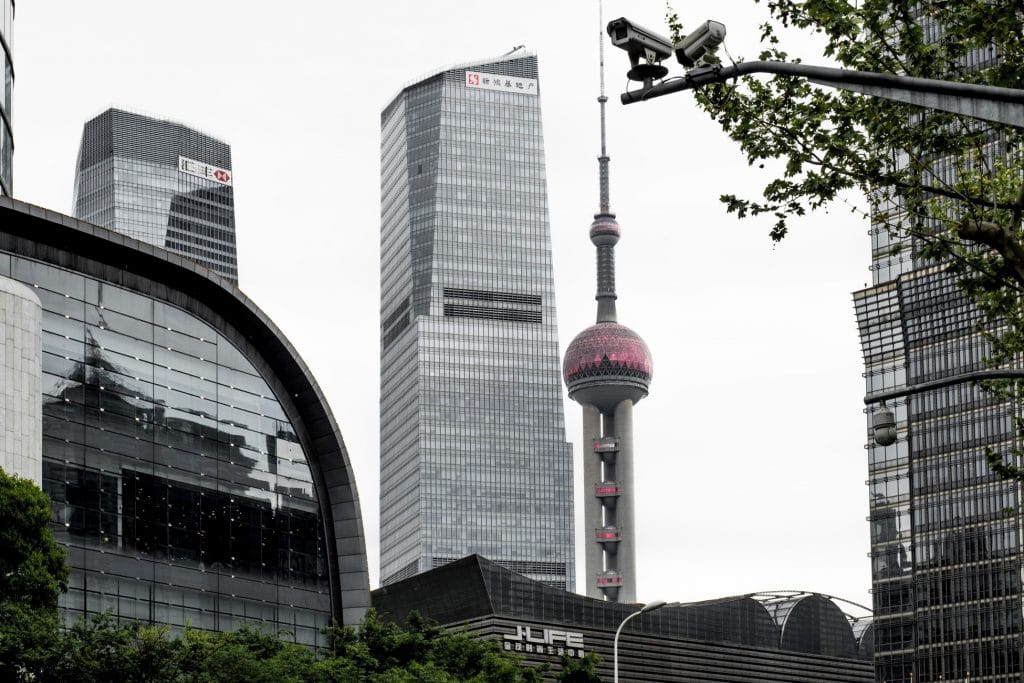
The press release is alive and well, but are we doing it right?

Sandpiper boosts digital, technology and content advisory offering with appointment of Anu Noto-Menon
Are overseas firms ready to take advantage of the opening up of China’s financial markets?
30 July 2020
By Suri Cheng, Account Director, China

Despite the impact of the COVID-19 pandemic, the pace of the opening up of China’s financial market does not appear to have slowed down.
As the Chinese economy accelerates its return to normal operations, regulators continue to move forward with constructive reforms. A number of financial policies have been rolled out since early 2019, which will offer new opportunities to overseas firms.
For example, foreign-invested institutions will now be allowed to conduct credit rating business in China. At the same time, overseas asset management institutions will be permitted to set up wealth management companies controlled by foreign parties, in joint ventures with Chinese banks or subsidiaries of insurance companies. And new policies supporting foreign, wholly-owned or shareholding money brokerage firms, will increase the proportion of foreign shareholding, improving the operating efficiency and promoting orderly competition, transparency and transaction efficiency in the sector.
Foreign financial institutions can now enter the Chinese market more conveniently, compete on the same level as their Chinese counterparts and share in the huge investment opportunities. As a result, many foreign banks, insurance companies, securities, investment management and other international financial institutions are expanding in China, which enhances competition and enables all market players to bring compelling offerings to the Chinese market.
The long-term confidence international investors have in China’s economy is reflected in how the Chinese financial market has been embedded in many international mainstream indexes. For example, Chinese government and policy bank bonds are included in the Bloomberg Barclays Global Aggregate Index, and Chinese government bonds are officially included in the Government Bond Index-Emerging Markets (GBI-EM) indices of J.P. Morgan.
Looking forward, China will accelerate the opening up of its financial sector. According to China’s financial authorities, this will continue to strengthen the construction of the financial market and improve trading rules, providing a more friendly and convenient investment environment for international investors.
At present, a number of international financial institutions plan to set up wholly owned securities companies or public fund management companies in Shanghai, which has become the city of choice for many international financial institutions looking to expand into China’s financial market. But to take advantage of these new regulations, overseas businesses will need to make sure they are fully prepared by strengthening the investment in their local business, cultivating local talent, developing world-class products, and promoting the innovation of financial related technology.
The COVID-19 pandemic may have triggered worldwide discussions on ‘de-globalization’, but for China and many overseas financial firms, the situation has seemingly increased the opportunity for business collaboration.
You may also like:




